The (Likely) End of the FCC’s Long-Running Net Neutrality Saga
Congress is now the appropriate forum for the debate regarding adoption of a proper policy framework.
Randy May
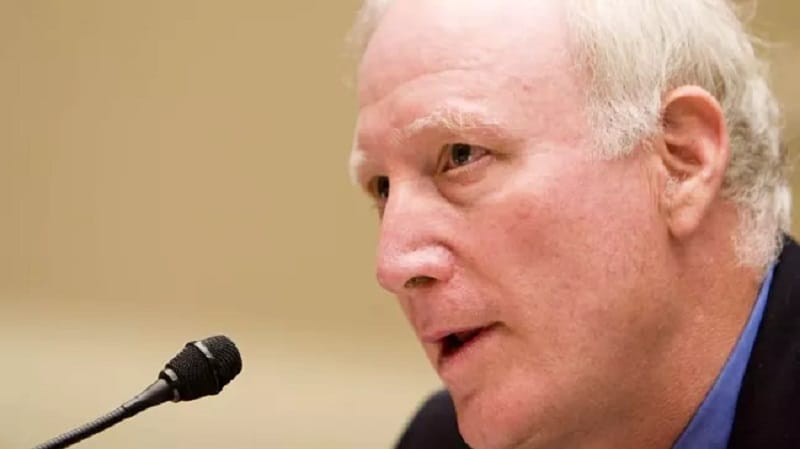
There’s probably not a communications or administrative lawyer or scholar alive today who is not familiar with the decades-old “net neutrality” saga. Well, due to the Court of Appeals for the Sixth Circuit’s decision in Ohio Telecom Association v. FCC on January 2, the saga, mercifully, may be coming to an end.
With no need for more extensive elaboration here, it suffices to point out that “net neutrality,” a term coined by Columbia Law School Professor Tim Wu, embodies the notion that broadband Internet service providers (ISPs) will not block or throttle access to lawful content or prioritize the delivery of content.
In an October 2019 essay, “The Ongoing Saga of Chevron and Net Neutrality,” published in The Regulatory Review, I invoked Bobby Vee’s 1960 hit song, Rubber Ball. That song’s sprightly refrain, “rubber ball, I come bouncin’ back to you,” called to mind – for me, still stuck on ’60s music – the back-and-forth FCC regulatory treatment of Internet service providers.
But first back to 2005. In its National Cable & Telecommunications Association v. Brand X Internet Services decision, the Supreme Court, by a 5-4 vote, affirmed a 2002 FCC order classifying ISPs as “information service” providers under the relevant Communications Act provisions rather than “telecommunications service” providers. This classification is consequential, of course, because “telecommunications service” providers, as common carriers, are regulated in a heavy-handed public utility like fashion while “information service” providers are lightly regulated.
Most significantly for present purposes, the Brand X majority found the relevant Communication Act provisions ambiguous, but affirmed the FCC’s determination that ISPs are properly classified as “information service” providers by according the agency Chevron deference.
The ISPs lightly regulated “information service” classification held at the FCC from 2005 through 2015. Then, the Obama FCC, in a rulemaking proceeding, classified ISPs as telecommunications providers so they would be regulated as common carriers. In its Ohio Telecom Association decision setting aside the FCC’s latest imposition of net neutrality regulation, the Sixth Circuit described what ensued after 2015: “This [Biden administration] order … undoes the order issued during the first Trump administration, which undid the order issued during the Obama administration, which undid orders issued during the Bush and Clinton administrations.”
As the Sixth Circuit reminded, in each instance of undoing, the agency, following Brand X, invoked Chevron deference in support of its switcheroos. And in each instance the agency’s orders were affirmed on appeal based on Chevron.
Until along came the Supreme Court in Loper Bright Enterprises v. Raimondo. As the Sixth Circuit explained: “Loper Bright ended Chevron’s mandated deference to an agency’s statutory interpretation upon a finding of ambiguity.” Now it is up to courts to exercise their independent judgment to decide whether an agency has acted within its statutory authority by “us[ing] every tool at their disposal to determine the best reading of the statute and resolve the ambiguity.” After carefully considering the text of the relevant statutory provisions, their history, and context within the Communications Act, the Sixth Circuit determined the best reading of the statute is that ISPs are engaged in delivering “information services,” not “telecommunications services.”
So, because of Loper Bright’s burial of Chevron deference, there’s a good chance that the “net neutrality” saga, finally, may be over, at least in the courts. With the impending change in the FCC’s makeup, there’s virtually no chance the agency will seek reconsideration or appeal to the Supreme Court. Other participants in the litigation favoring regulating ISPs like public utilities could pursue those avenues, but it’s unlikely they will want to risk a Supreme Court decision affirming the Sixth Circuit decision.
Over the years, I’ve made no bones regarding my view that, as a matter of policy, the FCC’s attempts to regulate Internet service providers in a heavy-handed public utility fashion is misguided for several reasons, including such treatment’s deterrence of investment and innovation. But to extent others differ, Congress is now the appropriate forum for the debate regarding adoption of a proper policy framework for broadband providers.
A final note: As I contended in this recent essay, to my mind, it’s well-nigh indisputable that the Chevron deference doctrine created regulatory uncertainty, not regulatory stability. The FCC’s long running “net neutrality” saga is certainly a prime example. As Justice Neil Gorsuch said in his Loper Bright concurring opinion, “Chevron deference engender[ed] constant uncertainty and convulsive change even when the statute at issue itself remains unchanged.”
This regulatory uncertainty – Bobby Vee’s bouncing ball if you will – inevitably has the effect of deterring at least some investment and innovation. For the benefit of consumers, both are much needed in the technologically dynamic broadband Internet space.
Randolph May is Founder and President of the Free State Foundation. He is a former Chair of the ABA Section of Administrative Law & Regulatory Practice, a former Public Member and now Senior Fellow at the Administrative Conference of the United States, and a Fellow at the National Academy of Public Administration. This piece was first published in the Yale Journal on Regulation on January 8, 2024, and is republished with permission.
Broadband Breakfast accepts commentary from informed observers of the broadband scene. Please send pieces to commentary@breakfast.media. The views expressed in Expert Opinion pieces do not necessarily reflect the views of Broadband Breakfast and Breakfast Media LLC.

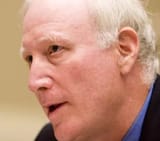
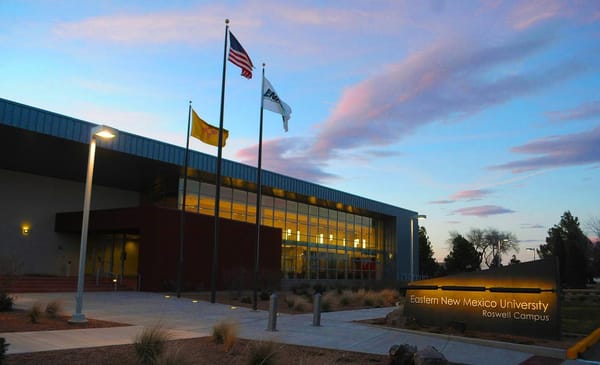
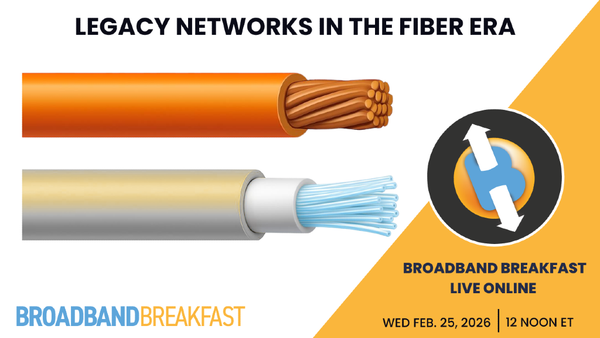
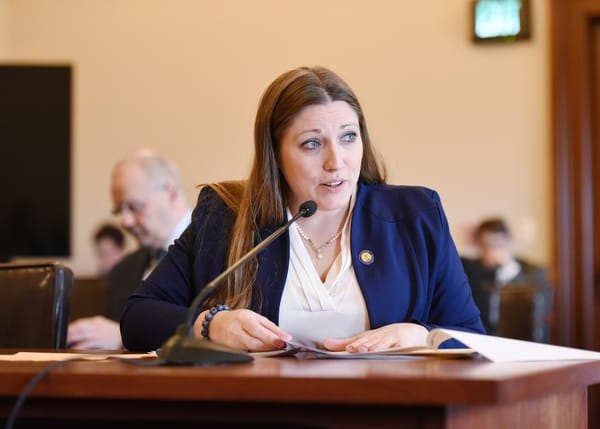
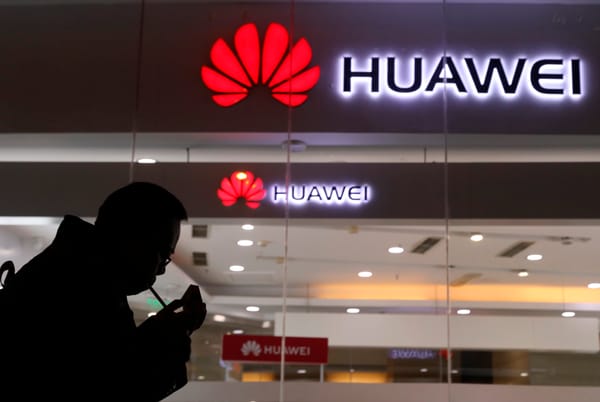



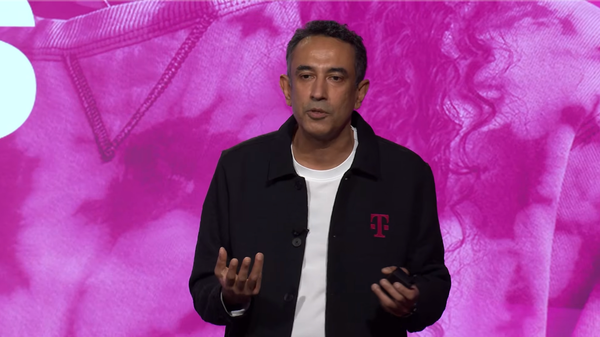
Member discussion